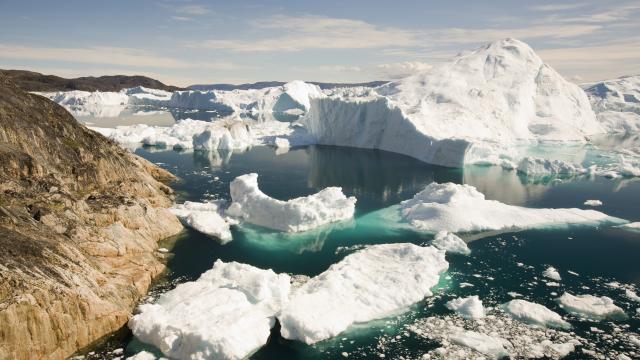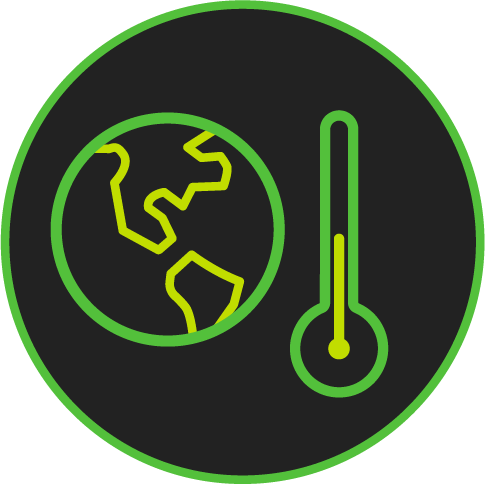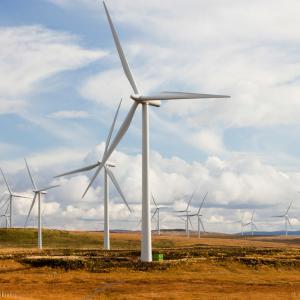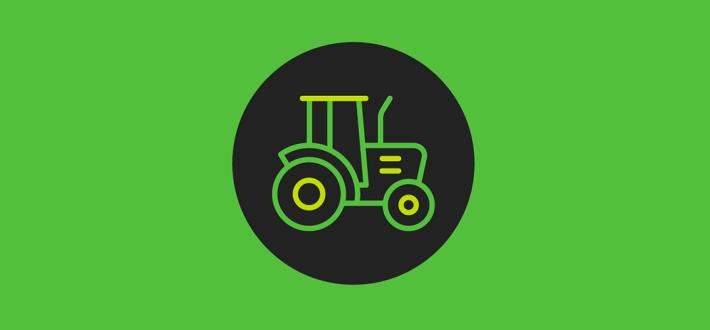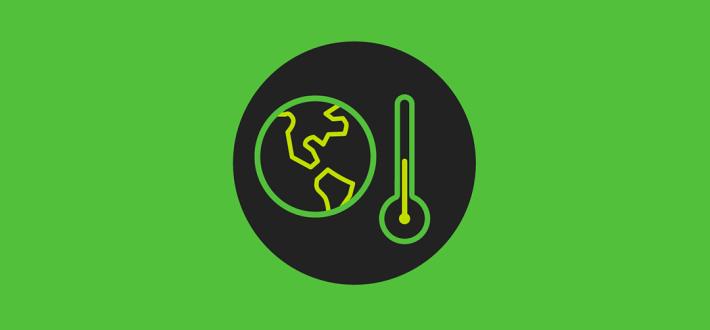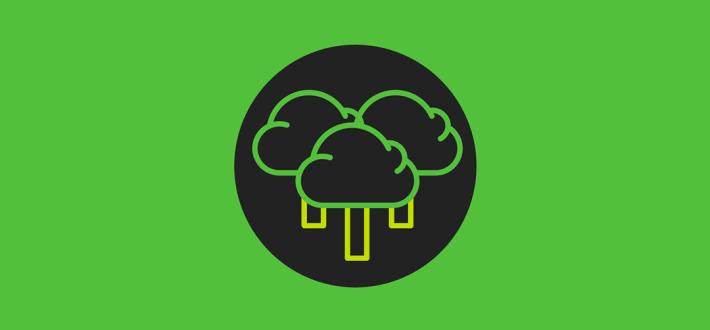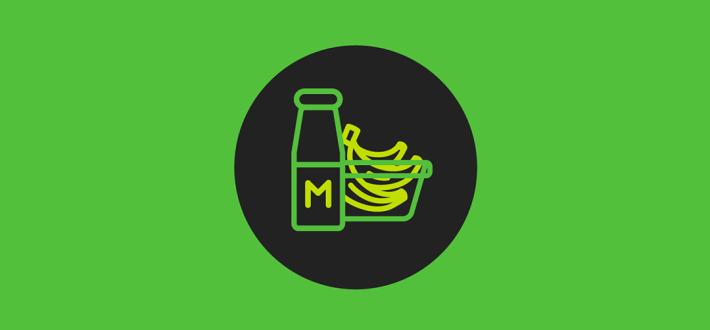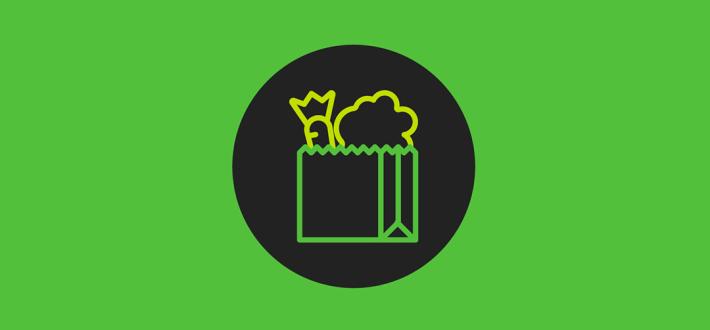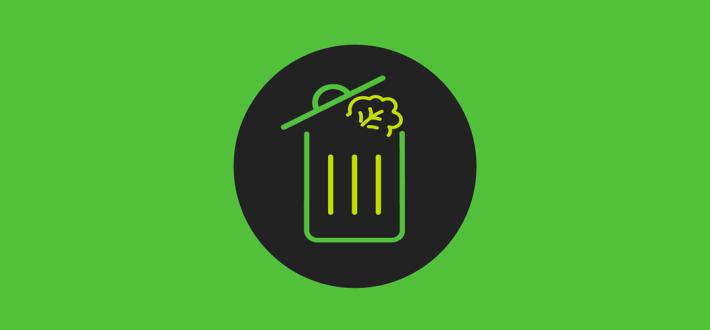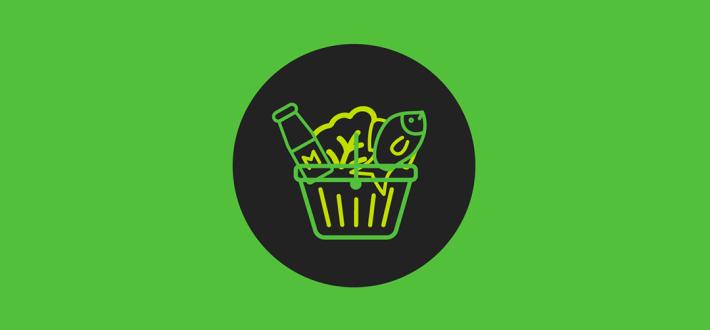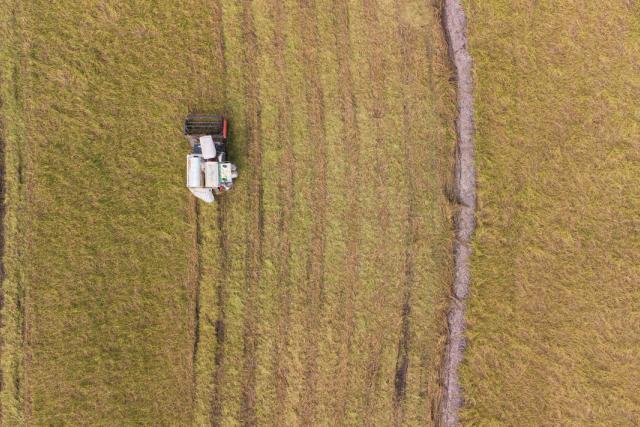
The science is clear: to limit harmful global warming to 1.5°C, we must halve greenhouse gas emissions by 2030 in line with the Paris Agreement targets, and – in order to do this – we cannot ignore our food system.
Food production creates huge volumes of greenhouse gases, from the manufacturing and application of fossil-fuel based fertilizers, to the harmful emissions from cattle, to food processing and the energy needed to power retail outlets.
We need to slash emissions from food production and manufacturing in line with science-based targets.
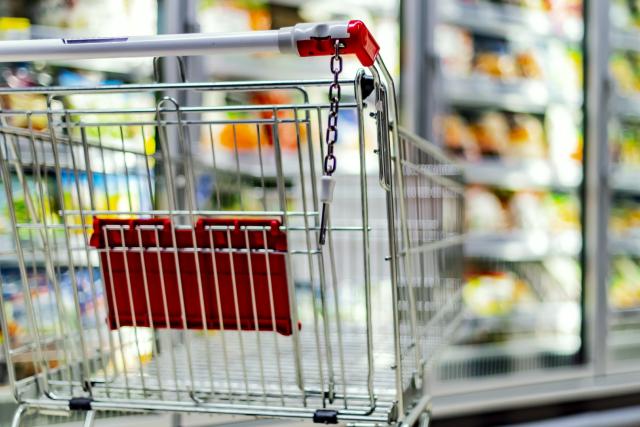
WWF Basket 2030 Climate Outcomes & Progress Measures
The WWF Basket tracks a range of climate data submitted by food retailers, including Scope 1, 2 and 3 emissions.
Scope 1 and 2 emissions are those arising from retailers' own operations, from energy and the use of refrigerants in supermarkets, to fuel use in lorries and vans, where as scope 3 emissions are those that arise upstream and downstream of retailers, and include the emissions associated with producing the products on their shelves. Scope 3 emissions are their most significant source of emissions.
In addition, the WWF Basket monitors the proportion of their supply chain emissions which arise from suppliers with 1.5 degree aligned Science-Based targets to reduce emissions, allowing WWF to monitor the level of decarbonisation within retailer supply chains.
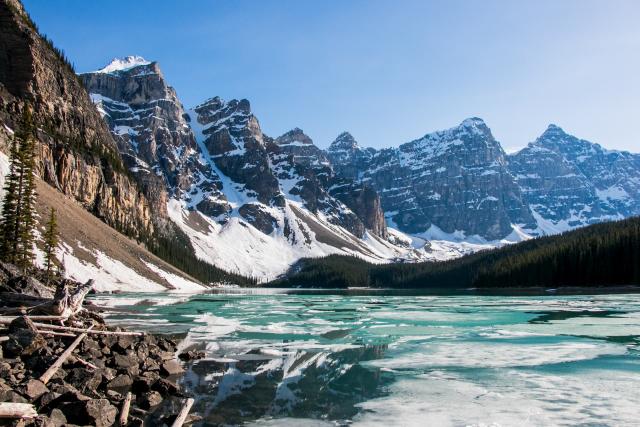
WWF's Retailers' Climate Commitment
In 2022, Co-Op, M&S, Sainsbury’s, Tesco and Waitrose signed a new commitment to drive action to tackle scope 3 emissions through their supply chains. Find out more about WWF’s Retailers Commitment for Nature – Climate Action here.
The interactions on climate between WWF’s Retailers’ Commitment for Nature: Climate Action and other industry initiatives on climate are explained here.
You can find out the latest WWF Basket data on climate in our report, What's in Store for the Planet: the Impact of UK Shopping Baskets on Climate and Nature.
You can find out more about the WWF Basket ambition for climate in the Blueprint for Action and WWF Basket Outcomes and Measures.
What's in Store for the Planet: The Impact of UK Shopping Baskets on Climate and Nature
Resource Bank
Emission Possible
Emission reporting is a key action for any businesses that wants to better understand their impact, and to make real changes for the environment. Emission Possible is a WWF guide to help businesses like yours tackle their emissions. Find out more here.
Low Carbon Farming
This report explores the capacity of UK agriculture to reduce GHG emissions, and the cost-efficiency of on-farm GHG emission reducing interventions. The associated Low Carbon Farming Guide transforms this information in to practical, printable guide for farmers.
Land of Plenty Report
Land of Plenty is WWF's blueprint for how the agriculture and land use sectors in the UK can help fight climate change and bring nature back to life.
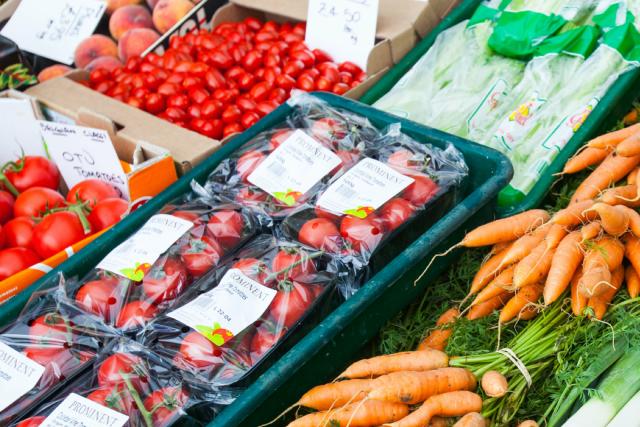
Get in contact
Cross-sector collaboration is the most effective way to bring about the type of environmental change that is needed.
Please contact business@wwf.org.uk if you would like to collaborate with the wider industry on any of the areas addressed in the WWF Basket.
